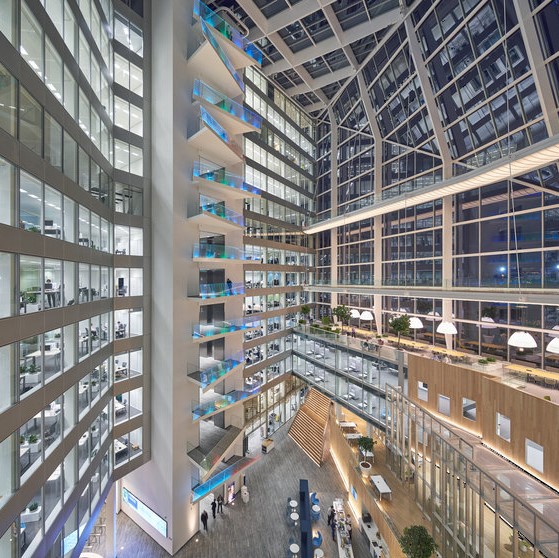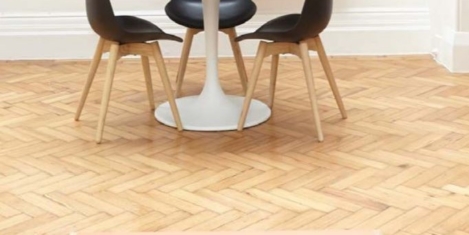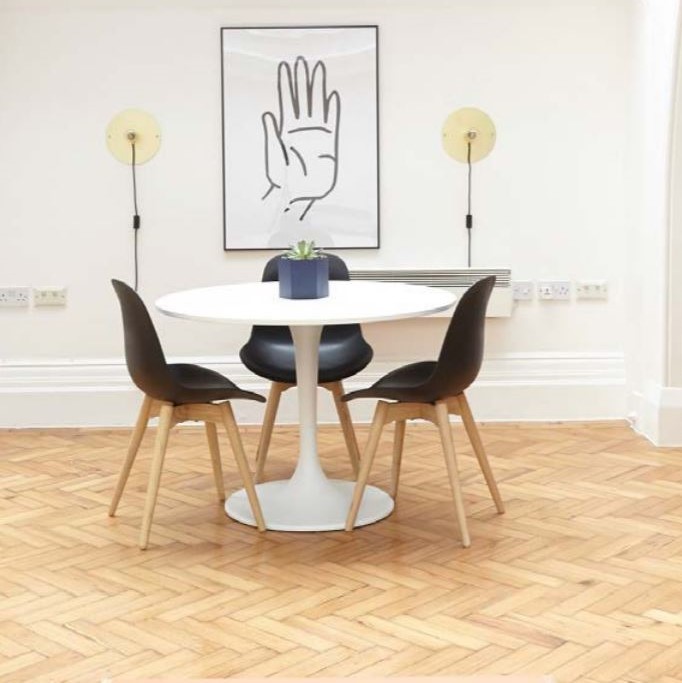June 27, 2019
Bosses overwhelmingly in favour of flexible working
 Businesses that fail to accommodate staff looking to set their own work schedule in some way will struggle to attract and retain talent, claims new research from Vistage. The research suggests that nearly two-thirds (73 percent) of UK CEOs and business leaders believe organisations that fail to offer flexible working to employees will face a struggle to attract talent. More than half (59 percent) of respondents said they’ve already written flexible working options into standard employment contracts. A further 36 percent say it’s either something they’re looking at or would consider in the future. (more…)
Businesses that fail to accommodate staff looking to set their own work schedule in some way will struggle to attract and retain talent, claims new research from Vistage. The research suggests that nearly two-thirds (73 percent) of UK CEOs and business leaders believe organisations that fail to offer flexible working to employees will face a struggle to attract talent. More than half (59 percent) of respondents said they’ve already written flexible working options into standard employment contracts. A further 36 percent say it’s either something they’re looking at or would consider in the future. (more…)








 Many larger businesses are struggling to implement digital transformation in spite of the dangers to their long term survival, a new joint report from CBI and Oracle claims. According to
Many larger businesses are struggling to implement digital transformation in spite of the dangers to their long term survival, a new joint report from CBI and Oracle claims. According to 







 UK employees have the longest working week compared to other workers
UK employees have the longest working week compared to other workers 
 UK SMEs are losing out to big tech in the battle to recruit top tech talent, according to Robert Half UK’s new report,
UK SMEs are losing out to big tech in the battle to recruit top tech talent, according to Robert Half UK’s new report, 
 A majority of European workers (57 percent) believe that technology will help to bring about a four day week in the near future as it improves their productivity and efficiency, according to
A majority of European workers (57 percent) believe that technology will help to bring about a four day week in the near future as it improves their productivity and efficiency, according to 










June 26, 2019
Flexible working is the new measure of success
by Ben Chatfield • Comment, Flexible working